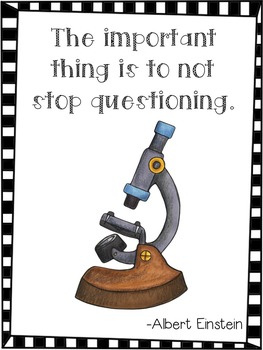Science
Science Co-Ordinator: Mrs J Bevis


Science Curriculum Vision
At Carlton Church of England Primary our goal is for our children to be inspired by the awe and wonder of the world around us. Science is in absolutely every part of our lives and we aim to support our children to foster a life-long curiosity, continually asking questions and being involved with the world around them. We believe that all children deserve to have an understanding of the sciences to enable them to be successful beyond their Carlton Primary years.
What do we want to achieve?
It is our intention at Carlton C of E Primary to develop in all young people a lifelong curiosity and interest in the sciences. When planning for the science curriculum, we intend for children to have the opportunity, wherever possible, to learn through varied systematic investigations, leading to them being equipped for life to ask and answer scientific questions about the world around them. As children progress through the year groups, they build on their skills in working scientifically, as well as on their scientific knowledge, as they develop greater independence in planning and carrying out fair and comparative tests to answer a range of scientific questions. The scheme of work ensures that children have a varied, progressive and well-mapped-out science curriculum that provides the opportunity for progression across the full breadth of the science national curriculum for EYFS, KS1 and KS2.
How will we do this?
At Carlton Church of England Primary we use the Twinkl schemes of work for our children. These are carefully selected to give a full coverage of the National Curriculum for Science. The acquisition of key scientific knowledge is an integral part of our science lessons. The progression of skills for working scientifically are developed through the year groups and scientific enquiry skills are of key importance within lessons. The progression of these skills are set out in the Twinkl PlanIt Science Progression Map. Each lesson has a clear focus. Scientific knowledge and enquiry skills are developed with increasing depth and challenge as children move through the year groups. They complete investigations and hands-on activities while gaining the scientific knowledge for each unit. Interwoven into the teaching sequence are key assessment questions, identified in green on lesson plans. These allow teachers to assess children's levels of understanding at various points in the lesson. They also enable opportunities to recap concepts where necessary. The sequence of lessons helps to embed scientific knowledge and skills, with each lesson building on previous learning. There is also the opportunity to regularly review and evaluate children's understanding. Activities are effectively differentiated so that all children have an appropriate level of support and challenge. Our detailed lesson plans include adult guidance to ensure that teachers are equipped with secure scientific subject knowledge, enabling them to deliver high-quality teaching and learning opportunities while making them aware of possible scientific misconceptions. We use Blooms Taxonomy to differentiate and create a learning journey for all our children.
What outcomes do we want for our children?
At Carlton Church of England Primary, progress is measured through a child’s ability to know more, remember more and explain more. This can be measured in different ways in our units. The use of key questions ensures opportunities are built into the lesson for ongoing assessment. Attainment and progress can be measured across the school using our assessment spreadsheets. The impact of using the full range of resources included in the science unit will also be seen across the school with an increase in the profile of science. The learning environment across the school will be more consistent with science technical vocabulary displayed, spoken and used by all learners. Children who feel confident in their science knowledge and enquiry skills will be excited about science, show that they are actively curious to learn more and will see the relevance of what they learn in science lessons to real-life situations and also the importance of science in the real world.